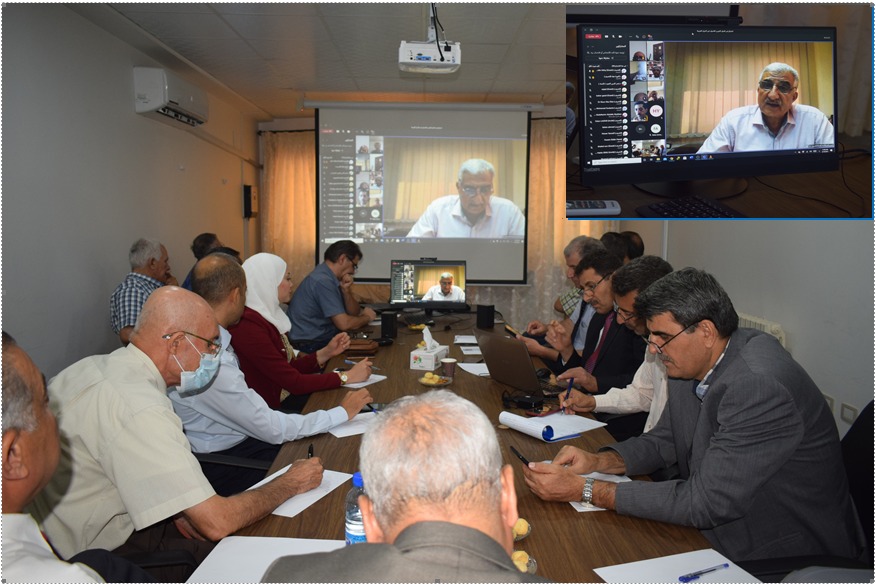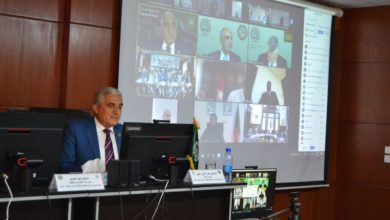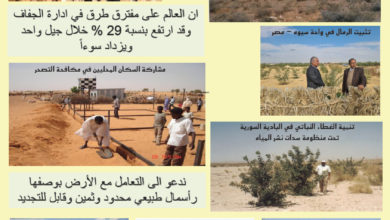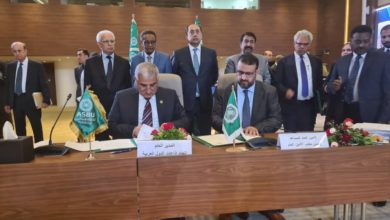The Arabian Horses / A Workshop in ACSAD
The Arab Center for the Studies of Arid Zones and Dryland ACSAD conducted a workshop on “The Arabian Horse in the Arab countries… the Reality and Impacts”, via videoconference with the aim of raising the capacities of the technical cadres in the Arab World and the workers of the agricultural sector.

His Excellency, the Director-General Dr. Nasr Edin Obaid affirmed in a speech during the workshop opening that the workshop came as an embodiment of the great importance paid by the Arab Center to the Arabian Horse and a distinctive outset for significant research and studies in this field.
He explained that the Arabian Horses were an important part of our Islamic and Arab nation’s cultural heritage; the Arabian peninsula and surrounding countries particularly, the Levant, were considered the place of origin for those noble horses that they had spread all over the World. It had an essential role in developing the global strains of horses. “Their bloodlines are not free from the Arabian Horses’ blood,” added he.
Dr. Obaid pointed out that the Arabian horse had a rare aesthetic and psychological specification, in addition to its ability to endure, his agility, and ability to bequeath his noble qualities to newborns made him the focus of the World’s attention. He clarified that Arabs paid great attention to their horses’ breeds and preserved them strongly. They transferred their pure strains to keep them from mixing with other horses in many Arab countries.
The ACSAD’s Director-General confirmed at the end of his speech that the Arab Center keened through this workshop on the participation of the Arab countries representatives to found an integrated scientific Method in developing the Arabian Horse. He also stressed that this great wealth we were gifted by God; So, it was our moral and scientific duty to preserve them and develop them constantly.
The workshop produced a series of recommendations concerning the activation of joint Arab action in this area; some of the most important was: increasing the numbers of scientific and technical workshops, developing a joint program to train and rehabilitate cadres in the Arab countries, exchanging expertise and information related to the Arabian Horses, and developing a plan for the joint Arab work to survey diseases and epidemics infecting the Arabian horses.



